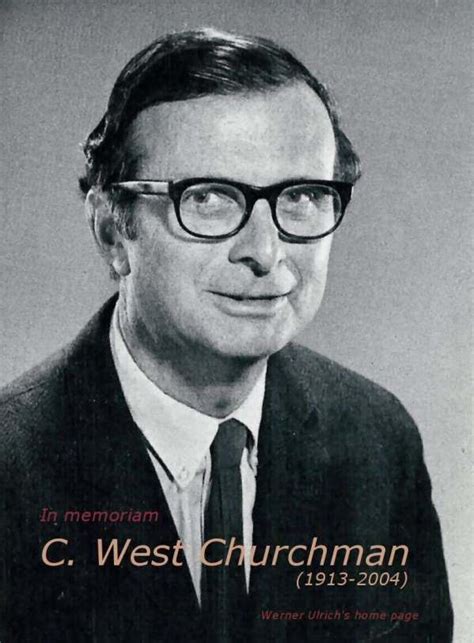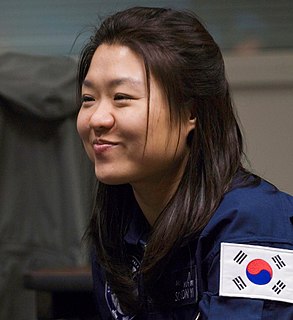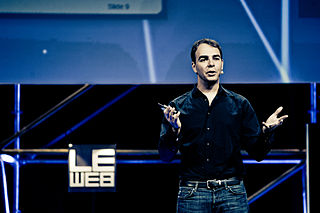A Quote by Saul Gorn
The term "informatics" was first defined by Saul Gorn of University of Pennsylvania in 1983 (Gorn, 1983) as computer science plus information science used in conjunction with the name of a discipline such as business administration or biology. It denotes an application of computer science and information science to the management and processing of data, information and knowledge in the named discipline.
Related Quotes
We have overwhelming evidence that available information plus analysis does not lead to knowledge. The management science team can properly analyse a situation and present recommendations to the manager, but no change occurs. The situation is so familiar to those of us who try to practice management science that I hardly need to describe the cases.
Data isn't information. ... Information, unlike data, is useful. While there's a gulf between data and information, there's a wide ocean between information and knowledge. What turns the gears in our brains isn't information, but ideas, inventions, and inspiration. Knowledge-not information-implies understanding. And beyond knowledge lies what we should be seeking: wisdom.
Progress in computer science is made with the distribution of revolutionary software systems and the publication of revolutionary books. We don't need a fancy information system to alert us to these grand events; they will hit us in the face. Another good excuse for ignoring the literature is that, since everyone has strong beliefs about fundamentals but can't support those beliefs rationally or consistently convince non-believers, computer science is actually a religion.
The most important feature of an information economy, in which information is defined as surprise, is the overthrow, not the attainment, of equilibrium. The science that we have come to know as information theory establishes the supremacy of the entrepreneur because it appreciates the powerful connection between destruction and what Schumpeter described as "creative destruction," between chaos and creativity.
Learn computer science. It's extraordinarily helpful. I like recommending learning economics as well so they think in terms of business, they have rational frameworks for looking at the world, but yeah, computer science is an amazing way to get into, even if you want to be CEO, having a tech background is helpful.
I fear - as far as I can tell - that most undergraduate degrees in computer science these days are basically Java vocational training. I've heard complaints from even mighty Stanford University with its illustrious faculty that basically the undergraduate computer science program is little more than Java certification.




























